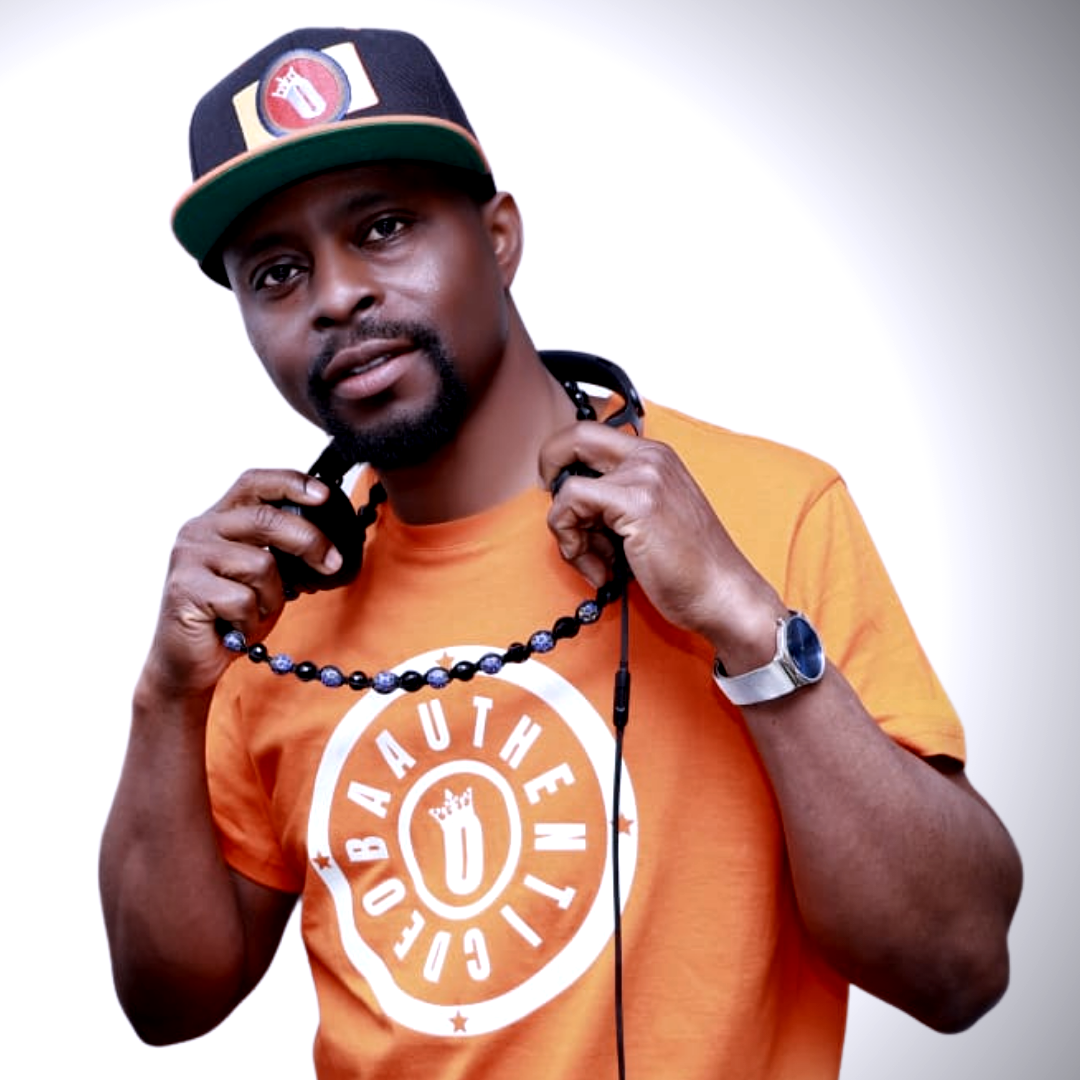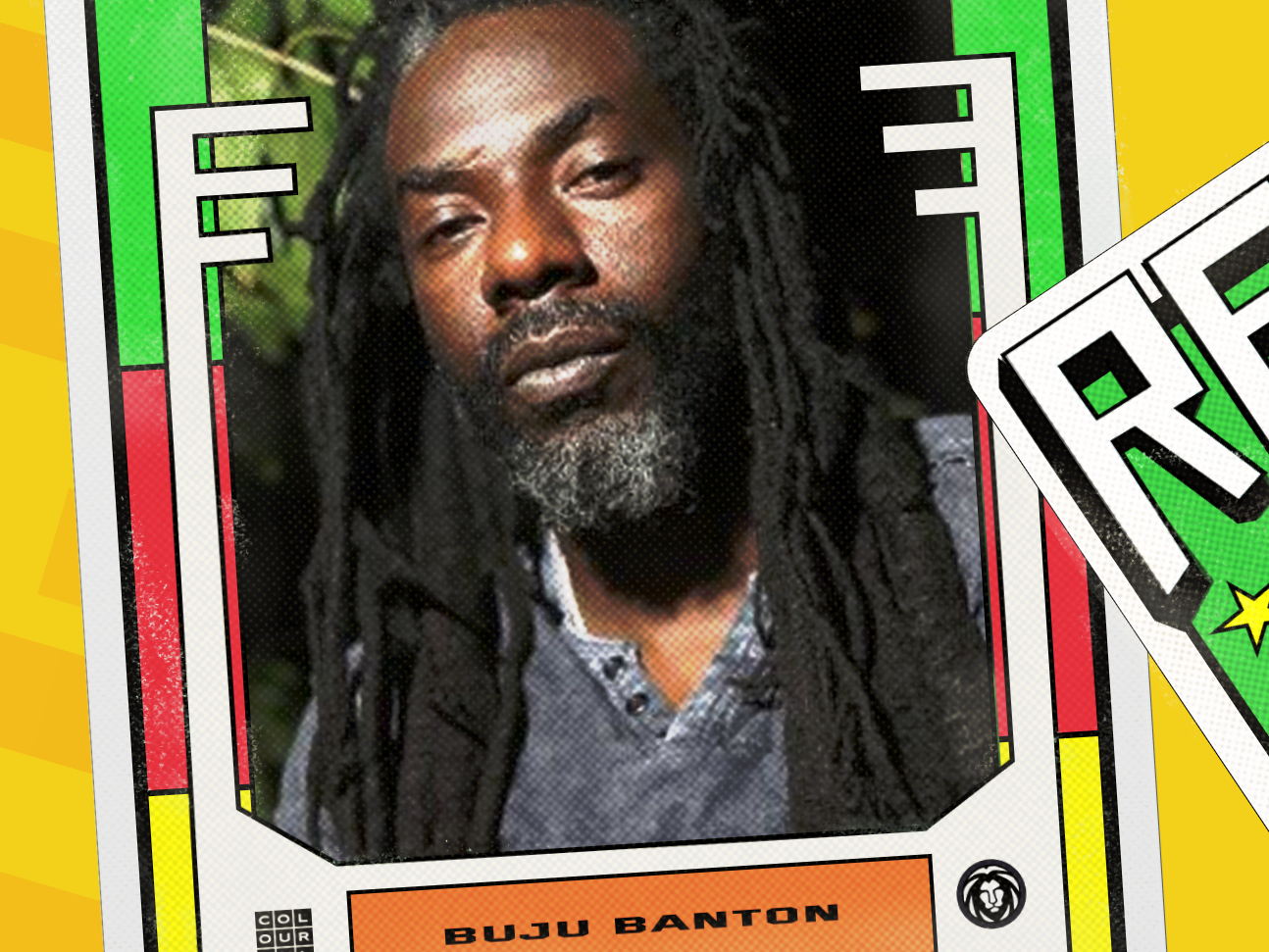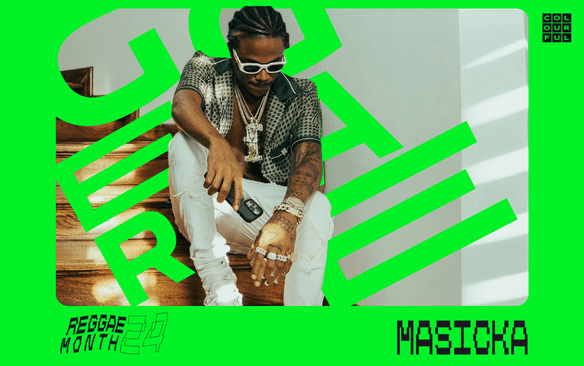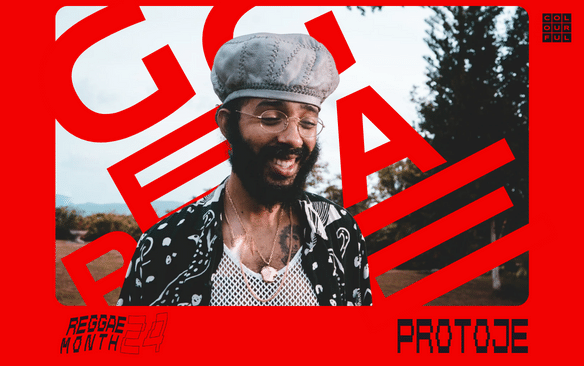Buju Banton was born Mark Anthony Myrie on July 15, 1973, in the Kingston slum of Salt Lane. Buju was his childhood nickname, a word for breadfruit that was often applied to chubby children; he would later adopt Banton in tribute to one of his earliest musical influences, Burro Banton.
Buju Banton emerged as one of the most popular dancehall reggae artists of the 1990s. Debuting with a series of popular "slack" singles, which drew criticism for their graphic sexuality and homophobia, Banton later converted to Rastafarianism and revolutionized dancehall by employing live instrumentation and social consciousness of classic roots reggae.
In 1991, he began recording for Donovan Germain's Penthouse label. Debuting for the label with "Man Fi Dead," his first major hit was "Love Mi Browning," an ode to light-skinned women that drew the ire of Jamaica's sizable darker-skinned population in 1992 saw Banton break Marley's record for the most number-one singles in one year. His debut album, Mr Mention, was a smash hit that year as well, and he signed an international major-label deal with Mercury.
The Voice of Jamaica album, released in 1993, introduced Banton to the world outside Jamaica, and gave him a huge hit in the celebratory safe-sex anthem "Willy (Don't Be Silly)."
His 1995 follow-up album, 'Til Shiloh, would rank as Banton's masterpiece. A fusion of dancehall with live instrumentation and classic roots reggae, 'Til Shiloh consolidated his move into social awareness and adopted a more mature, reflective tone that signalled Banton's arrival as an artist able to make major creative statements.
In 2000, he delivered the LP Unchained Spirit, which found him growing more eclectic in a quest to cross over to the international market; it also featured a successful duet with Beres Hammond on "Pull It Up."
After a three-year break from album releases, Banton returned on Atlantic in 2003 with Friends for Life, a crossover-friendly record with elements of hip-hop, R&B, and pop (and very little of the roots-dancehall hybrid that had catapulted him to stardom).
Unhappy with the support he was given at the major labels, Banton started his own label, Gargamel Music, and released the single "Magic City" in 2004. The track was a preview of his next album, Rasta Got Soul.
In 2009, Banton was arrested in Miami on charges related to drug dealing. Over a tumultuous two-year period, he went in and out of custody, endured a September 2010 mistrial, released his tenth album, Before the Dawn. Mere weeks after winning a Grammy Award for Best Reggae Album, Banton's drug charges stuck and he was sentenced to ten years in an American prison for cocaine trafficking.
Upon his release in December 2018, he hit the ground running, kicking off a tour with a March 2019 show at Jamaica's National Stadium in Kingston and releasing new material including the singles "False Pretense" and "Country for Sale."
At the end of the year, Banton entered a partnership with Jay-Z's Roc Nation, and he produced the full-length Steppaz Riddim in early 2020. Upside Down 2020, his first full-length outing in a decade, arrived that June and included guest spots from John Legend, Pharrell, Stefflon Don, and Stephen Marley.





